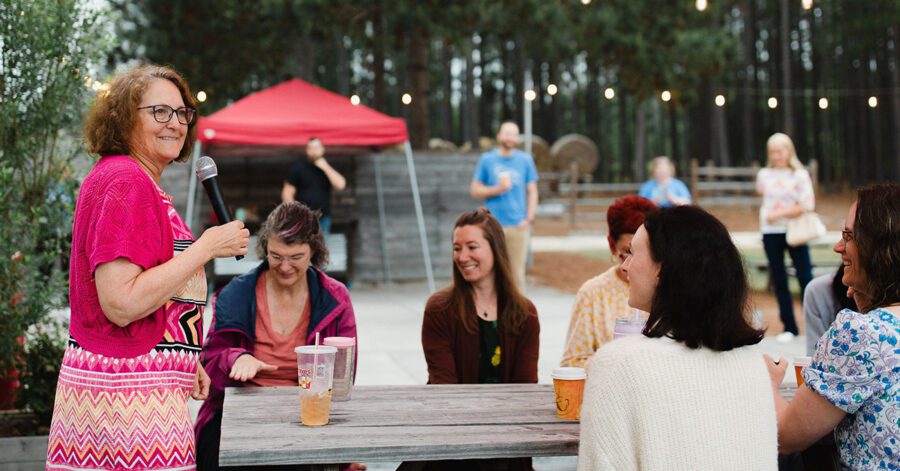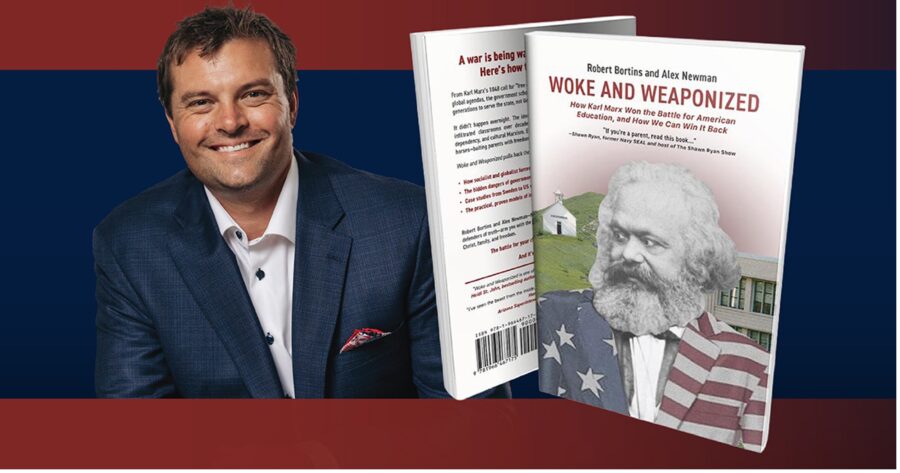Considering homeschooling but unsure where to begin?
You’re not alone. Many parents exploring homeschool options are filled with questions: Can I really do this? What does a typical day look like? Will my kids fall behind?
In this article, Leigh Bortins—veteran homeschool mom and founder of Classical Conversations—shares her honest answers to the three questions she’s asked most often. Drawing on years of experience and a deep love for family learning, Leigh offers practical tips and personal encouragement to help you confidently take the next step in homeschooling.
The Top Three Homeschool Questions Answered
First, hear from Leigh as she addresses several homeschool questions and offers advice for parents who want to homeschool but can’t figure out where to start.
Q: What’s the best part about homeschooling?
Leigh:
There are so many benefits to homeschooling, but for me, the best part was the relationship. It was what I call the “comedy show.” We just laughed so much—at the breakfast table, during lessons, in the car. My husband and kids were always cracking jokes, and I loved being there for it all. That time together built strong family bonds that are still going strong now that my kids are grown.
Of course, there are academic perks—customized curriculum, flexible schedules—but the real joy was simply being with my children, watching them grow, and sharing in their lives every day.
“We’re still close as a family today, and I think all that laughter had something to do with it.”
The Joy of the Foundations Program
Q: What if I don’t have the right homeschool resources?
Leigh:
You probably have more than you think! Resources don’t have to mean expensive curriculum or fancy tools. Education happens all around you.
Learn from Nature
Nature is one of the best (and most underused) resources. Watch birds, observe the clouds, study trees. Creation points children to wonder and teaches them to notice the world God made.
Learn from the Internet
If you have a computer and wi-fi, you have access to an endless supply of learning materials—articles, podcasts, YouTube tutorials. Try Refining Rhetoric or Everyday Educator to hear from other Classical Conversations families. CC members also have access to thousands of online resources through the CC Connected portal.
Learn from People
There are so many generous, talented people in your community who love to share what they know. One of my sons wanted to learn glassblowing—something I knew nothing about! He found a local artisan to teach him, and it became a valuable part of his education.
Learn from Books
Books are still my favorite. They’re portable, reliable, and packed with wisdom. I worry that people aren’t reading as much anymore—we’re turning to podcasts and screens. But nothing replaces the thoughtful work of reading a good book.
“Books let you stand on the shoulders of great thinkers. And they’re always available—even if no one else is.”
You can read aloud as a family, pass books around and discuss them, or visit the library weekly to stock up. There’s no one right way to do it, and you don’t have to teach everything yourself. Let the world help.
Best Books for Homeschooling Parents
Q: How should I structure my day as a homeschool parent?
Leigh:
That’s a big one—and honestly, after so many years of homeschooling, I don’t think in strict schedules anymore. But I do have two daily habits I always recommend to new parents:
Read for Two Hours
Spend one hour reading aloud to your kids—something rich and interesting, across different topics and reading levels. Then give them another hour to read independently. Let them start with what they love. Over time, they’ll grow into more challenging and rewarding material. Here are three steps to interest your child in reading.
“Daily reading opens the door to deep conversations and a rich education—and it doesn’t cost a thing.”
Use “Car School”
We all spend time in the car—heading to community, sports, music lessons, and church. Use that time for what I call “car school.” We listened to memory songs, sang together, or played educational audiobooks.
It’s perfect for memorization and vocabulary-building. And if you get tired of hearing the fifty states sung again and again, switch to a podcast or stories like Jim Hodges’s audiobooks.
“I called it ‘captured time.’ You’re all together—so why not learn something along the way?”
These two habits—daily reading and car school—create a rhythm for your day without needing a rigid schedule.
Leigh’s Quick Recap
- What’s the best part of homeschooling? Laughing together and building strong family relationships.
- Worried about resources? Use what you already have—nature, books, community, and the internet.
- Not sure how to structure your day? Focus on daily reading and use travel time as learning time.
More Frequently Asked Homeschool Questions
Still have questions? Here are a few of the most common questions new homeschool parents ask—and quick answers to get you started. Click the links to learn more about each topic.
- How do I start homeschooling?
Research your state’s requirements, make sure both parents are on board, decide which curriculum fits your child’s needs, and find a community to learn alongside. → 10 Tips to Get Started Homeschooling - What curriculum should I use?
When choosing homeschool curriculum, keep your goals, your child’s learning style, and your budget in mind. → How to Choose the Best Homeschool Curriculum - What does a typical homeschool day look like?
Every family’s day is different, but starting together in God’s Word, then helping the youngest to the oldest students throughout the day typically works best. → How to Schedule Your Homeschool Day - What about socialization? Will my child have friends?
Homeschooling is not Alone-schooling. Finding a community means finding fellowship, encouragement, and accountability. → The Power of Community - Can I homeschool through high school?
Yes, and Classical Conversations provides the curriculum and community for you to teach your students in classical, Christian education.→ How to Homeschool Through High School - How do I know if homeschooling is right for our family?
Each family should consider the benefits and hurdles to homeschooling. Classical Conversations believes that you are your child’s best teacher and that God has equipped you to educate your children. → Is Homeschooling Right for Your Children?
Ready to Start Your Homeschool Journey?
Whether you’re just beginning or need encouragement along the way, Classical Conversations is here to help. We offer a community-based approach to homeschooling with tools, training, and support to equip parents at every stage.




